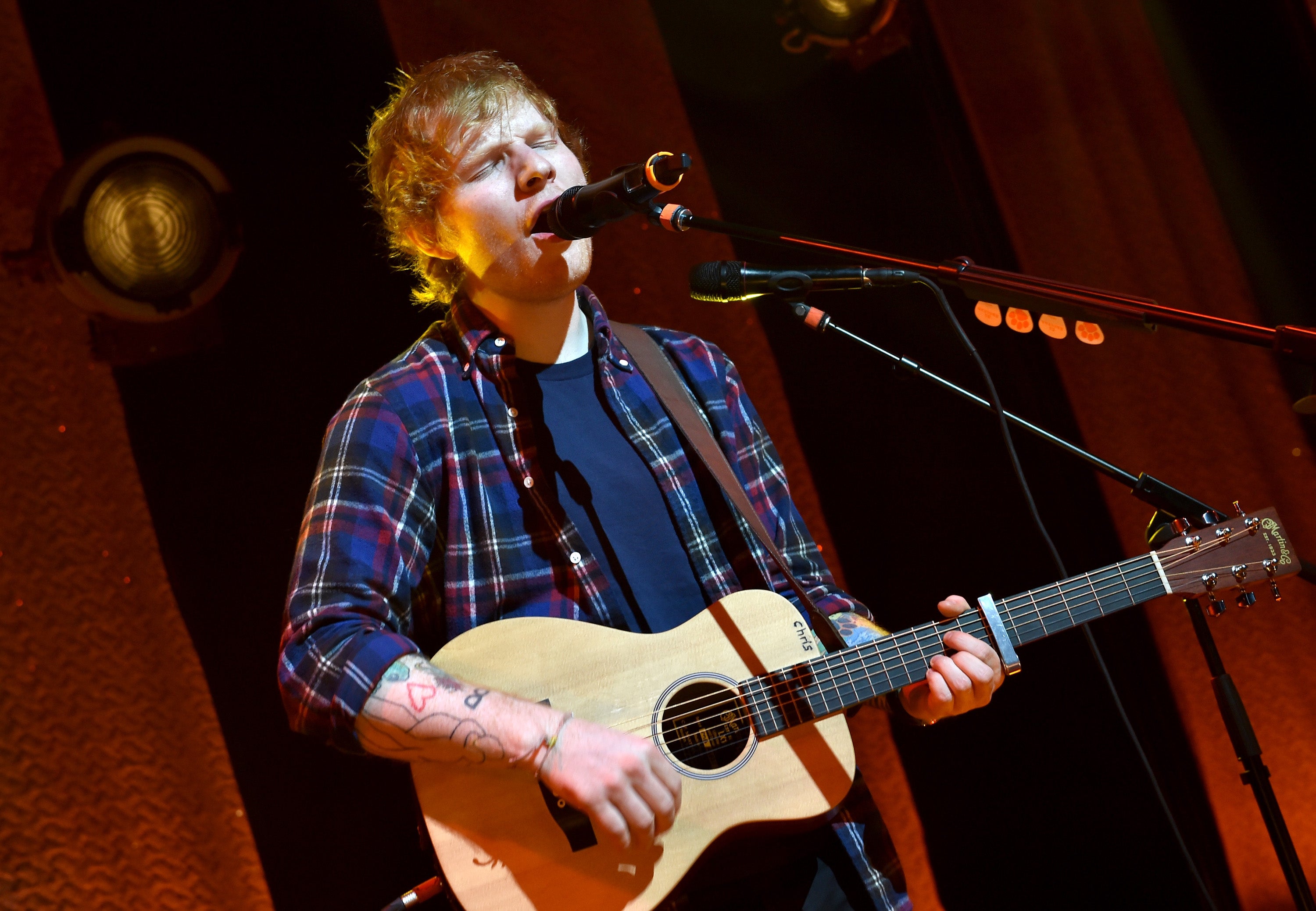Your support helps us to tell the story
From reproductive rights to climate change to Big Tech, The Independent is on the ground when the story is developing. Whether it's investigating the financials of Elon Musk's pro-Trump PAC or producing our latest documentary, 'The A Word', which shines a light on the American women fighting for reproductive rights, we know how important it is to parse out the facts from the messaging.
At such a critical moment in US history, we need reporters on the ground. Your donation allows us to keep sending journalists to speak to both sides of the story.
The Independent is trusted by Americans across the entire political spectrum. And unlike many other quality news outlets, we choose not to lock Americans out of our reporting and analysis with paywalls. We believe quality journalism should be available to everyone, paid for by those who can afford it.
Your support makes all the difference.Each year, the Mercury Award shortlist picks a careful path between the popular and the provocative, the ancient and modern, the appealing and the abstruse, whilst also attempting to cover as many stylistic bases as possible.
This year features a bumper crop of potential contenders.
I found it hard leaving out worthy efforts from the likes of the Manics, Morrissey, Lily Allen, Hyde & Beast, Elbow and Luke Abbott, and had to be disciplined about deserving albums from Richard Thompson, Sinead O’Connor, Kasabian, King Creosote, Barb Jungr and Wilko Johnson and Roger Daltrey.
It’s impossible to ignore the huge commercial impact made by Ed Sheeran, while the more experimental inclinations of electropop duo Jungle and the eccentric R&B singer FKA twigs deserve wider recognition. Jake Bugg made huge strides, while Damon Albarn broke further new ground.
There should be room for one or two veterans, and the sheer emotional impact of albums by Kate Tempest and Sam Brookes justifies their places.
Damon Albarn: Everyday Robots
Everyday Robots is the most personal album yet from Britain’s most protean popsmith, in which Albarn scans his childhood and adolescence to offer an intriguing, slightly melancholy, self-portrait.
Sam Brookes: Kairos
With his high, keening tenor vibrato sailing effortlessly into the upper register, there’s something of Tim Buckley about Sam Brookes on the folk singer’s latest album.
Jake Bugg: Shangri La
This depicts an artist expanding exponentially beyond the rudimentary rockabilly diatribes of his debut, primarily through raw songwriting ability. Producer Rick Rubin applies a naked focus to Bugg’s spiky skiffle protest and punk-streaked folk-rock.
FKA twigs: LP1
There’s something Björk-like in the way FKA twigs locates unexpectedly appealing in the abstract and unfamiliar, with montages of glitchy synth buzzes, beats and treated samples lending an oddly appealing atmosphere of emotional fracture.
Kate Tempest: Everybody Down
This ambitious, feisty yet vulnerable collection from South London poetess Kate Tempest sets new standards for UK hip-hop, its tracks forming chapters of a street narrative. It casts a pitiless but compassionate eye over its cast of youthful dreamers and losers, blending sharp, poetic detail with hard-won wisdom.
Julie Fowlis: Gach Sgeul – Every Story
Gaelic superstar Julie Fowlis’s fourth album is mostly comprised of material from North Uist: songs of land and love, bravery and fantasy, from delicate but doughtily protective lullabies to mythic pieces in which seals are the cursed children of a Scandinavian king.
Roy Harper: Man & Myth
Even in his seventies, Roy Harper’s stubborn, maverick character, his poetic sensibility, and his singing voice remain undimmed and focused. The album follows the classic Harper template of several shorter songs balancing one long opus, the mythopoeic “Heaven is Here”, which tracks the songwriter’s search for “the truth beyond the truth of last resort”.
Elton John: The Diving Board
Recorded with a unit of mostly just piano, bass and drums, The Diving Board is Elton John’s most vital release since his mid-1970s heyday, a collection of songs that both harks back to the intrigues and interests of his earliest recordings, yet manages to break new ground.
Jungle: Jungle
West London synth duo Jungle may claim to “bring the heat” on their debut album, but it’s more the languid haze of a holiday beach than the sweaty intensity of a packed dancefloor..
Paolo Nutini: Caustic Love
Returning to his core qualities as Caledonian soulman, Paolo Nutini delivers what may be the best UK R&B album since the 1970s heyday of Rod Stewart and Joe Cocker.
Royal Blood: Royal Blood
Buoyed by a string of acclaimed festival appearances, Brighton duo Royal Blood pare rock music down to its core of steel-sprung riffs and mighty beats on their imposing debut album.
Ed Sheeran: x
Ed Sheeran transforms himself from folk-pop troubadour into R&B crooner. With his melismatic falsetto, rap sections and mob-vocal hooks, some songs present him as a ginger Timberlake; but though there’s something disappointing about his adoption of American mannerisms, and the churlish attitude of some tracks, his sensitivity shines through on “Afire Love”, a song anticipating the death of an elderly relative, and the love song “Photograph”, which possesses a sweetness and charm in shorter supply elsewhere on x.

Join our commenting forum
Join thought-provoking conversations, follow other Independent readers and see their replies
Comments